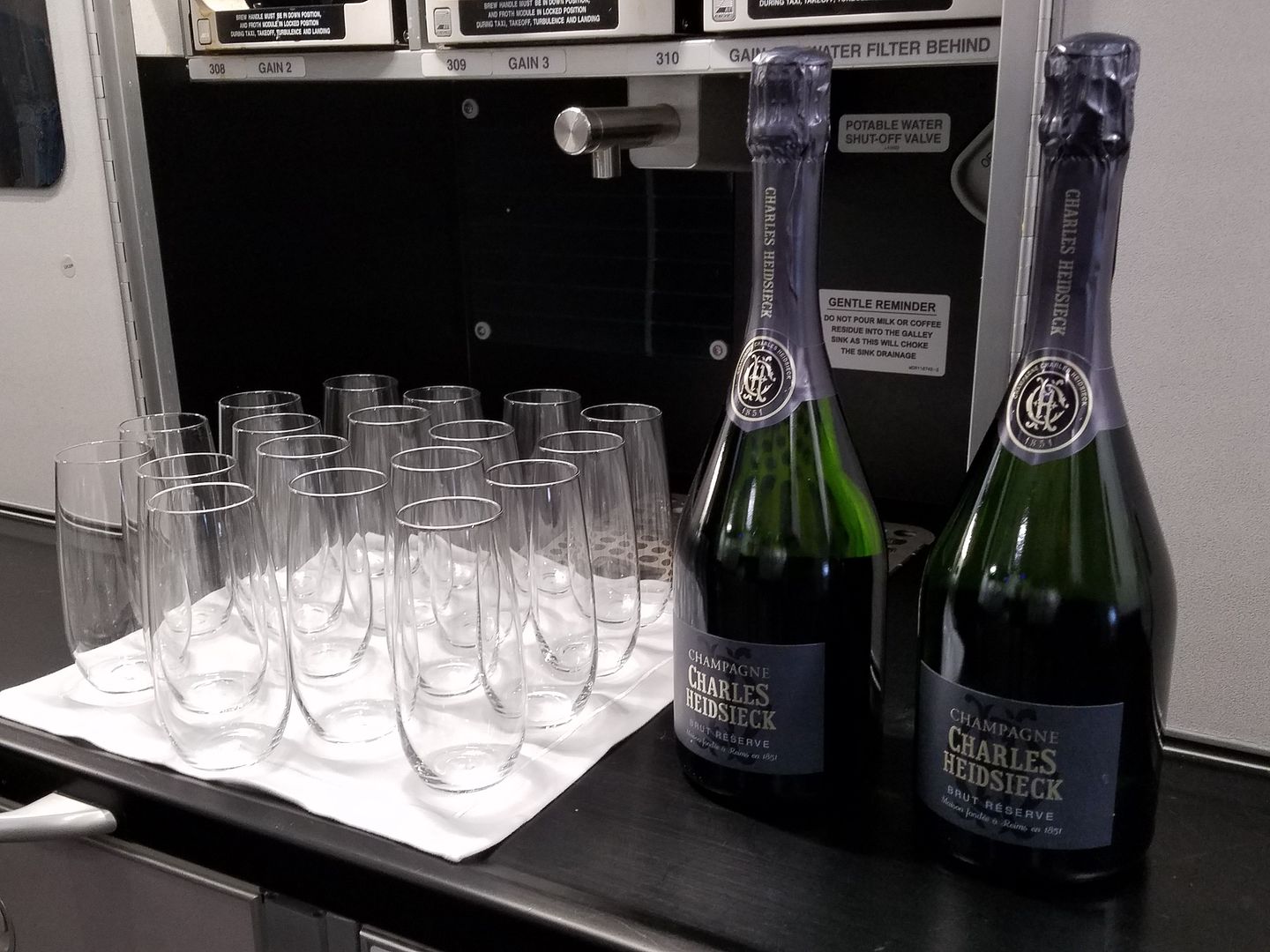News and notes from around the interweb:
- JetBlue sued for serving snacks labeled kosher that probably weren’t kosher the package displayed a certification, and the company whose trademark it is says they never certified the product. JetBlue said they had no idea and are investigating. Whoops.
- Lemon and lime wedges return to United’s first class beverage service
- Washington Dulles rail service update: DC studied the project in 1971. The Virginia assembly autthorized a project in 1995. A dedicated revenue source began in 2005. The first phase of the projectt opened late in 2014. And now they’re shooting for end of 2022 to actually (almost) reach Dulles airport. The idea of actually building the train out to the terminal was a cost cut years ago.
IT’S HAPPENING! This morning, @WMATA took control of the #SilverLineExtension with a planned opening for later this fall. We’ll continue working with our partners at #WMATA as they conduct final testing on the new rail line. pic.twitter.com/IPVc8Xdx0N
— Dulles Airport (IAD) (@Dulles_Airport) June 23, 2022
- Derek Thompson interviews Scott Keyes of ‘Scott’s Cheap Flights’ on the mess of air travel (Atlantic)
- FAA makes a U-turn on its approach to powered-lift, as the eVTOL industry tries to hang on
- Singapore Airlines brings back Charles Heidsieck champagne to long haul business class



They should be suing the snack company where does B6 come in the picture for buying and serving the item ?
Here is how you resolve it:
Stop offering Kosher options. You want Kosher, bring the shit yourself.
@Abey – B6 has the deep pockets, therefore they’re the target. And they’re being sued for trademark violation – not for selling non-Kosher food, that’s a lawsuit that would come from consumers. Anyone re-selling intellectual property is potentially liable for trademark and copyright violations, even inadvertent ones. But if they were smart, and not cheap, they have a contract from the snack company with all sorts of representations and indemnifications relieving them of any liability. But if some smart manager though he could cut costs by bypassing the lawyers and just signing the contract, they’re up a creek.
This is the sort of complexity that keeps SO gainfully employed.
Does the airline pay full price for the champagne or is this a case of the champagne brand paying for product placement to target customers in focus markets?
Good question FNT!
I hope we get an answer!